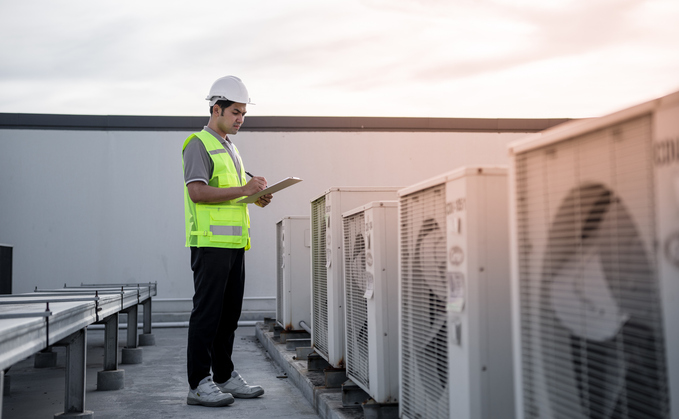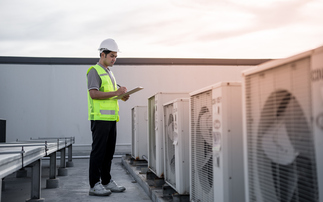
Birmingham Energy Institute makes the case for urgent action to prepare for surging demand for cooling systems
Firms round the world must start planning for a hotter planet that will require increased use of cooling systems, according to a new report from the Birmingham Energy Institute published today.
It warns that although it is technically feasible to adapt existing cooling equipment to more frequent, prolonged, and intense heatwaves, doing so will add costs to businesses.
It will also require large-scale training and recruitment of qualified engineers and technicians to work on the design, deployment, operation, maintenance, refurbishment and decommissioning of cooling systems, as well as improvements to staff retention within the industry.
Crucially, firms will need to ensure new cooling will not lead to more of the greenhouse gases that are causing the problem in the first place. This looks likely to be a major challenge as those who can afford aircon are already racing to get it fitted.
In short, the report says that governments must plan for a new cold economy, with a focus on the poorest in society who are least likely to afford cooling.
The report predicts that firms that fail to provide cooling will face: a reduction in worker and equipment productivity leading to economic loss; safety issues due to overheating buildings and equipment; and the risk of breakdown in supply chains.
The document also puts out some estimates of the impact of heat. It says extreme heat attributed to climate change may have cumulatively cost the global economy $16-$50tr during the period from 1992 to 2013, primarily as a result of the effect of high temperatures on human health, productivity, and agricultural output.
It says low-income regions suffered losses equivalent to eight per cent of GDP per capita per year, while the wealthiest averaged just 3.5 per cent.
The report - to be launched at IMechE - warns high temperatures will lead to an unhealthy workforce more prone to illness and injury.
Rising temperatures pose obvious health risks to workers toiling outside in sectors such as agriculture and construction. But it warns that cognitive functioning is also degraded in heat extremes, reducing the productivity levels of those at work in offices - and increasing the risk of accidents.
The new UK government needs to get a clear idea of what needs to be done to tackle escalating heat risks and ensure access to sustainable cooling.
Way back in 2015 the Carbon Trust said the UK could create 10,000 jobs in the cold economy by 2025 - but would suffer if it failed to make the changes needed. Now's the time to wake up to the threat - and the opportunity.
Roger Harrabin covered the environment and energy at the BBC for 35 years. He is now a freelance journalist and an Honorary Fellow at St Catharine's College, Cambridge.












